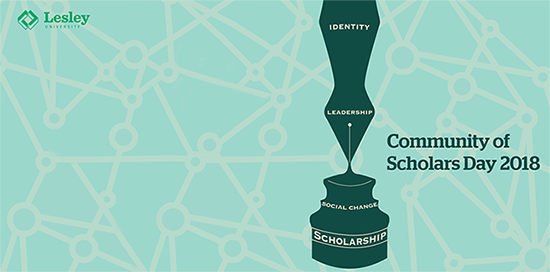Proposal Title
Assessing Bias Among Boston Monument Attendees
Abstract
Boston is a city, which is conflicted by the disparity between its liberal beliefs, as it is ranked the 5th most liberal city in the U.S, and the reality of its culture (Tausanovitch & Warshaw, 2013; Johnson, 2017). Studying Boston monuments, which are a large tourist attraction and significant financial revenue stream, can provide additional insight into the contributing factors surrounding Boston’s racist reputation (Southern Poverty Law Center, 2016; Gaertner & Dovidio, 2005; Franca & Monteiro, 2013; Scennell & Gifford, 2017; Gurler & Ozer, 2013). Relevant theories such as implicit bias, aversive racism, place attachment, compositional hierarchy, and the examination of inequity between two Boston historical trails will provide the framework for this study.
Start Date
28-3-2018 9:10 AM
End Date
28-3-208 10:07 AM
Presentation Type
Paper
Disciplines
Social Psychology
Full Text of Presentation
wf_yes
Assessing Bias Among Boston Monument Attendees
U-Hall 3-101
Boston is a city, which is conflicted by the disparity between its liberal beliefs, as it is ranked the 5th most liberal city in the U.S, and the reality of its culture (Tausanovitch & Warshaw, 2013; Johnson, 2017). Studying Boston monuments, which are a large tourist attraction and significant financial revenue stream, can provide additional insight into the contributing factors surrounding Boston’s racist reputation (Southern Poverty Law Center, 2016; Gaertner & Dovidio, 2005; Franca & Monteiro, 2013; Scennell & Gifford, 2017; Gurler & Ozer, 2013). Relevant theories such as implicit bias, aversive racism, place attachment, compositional hierarchy, and the examination of inequity between two Boston historical trails will provide the framework for this study.




